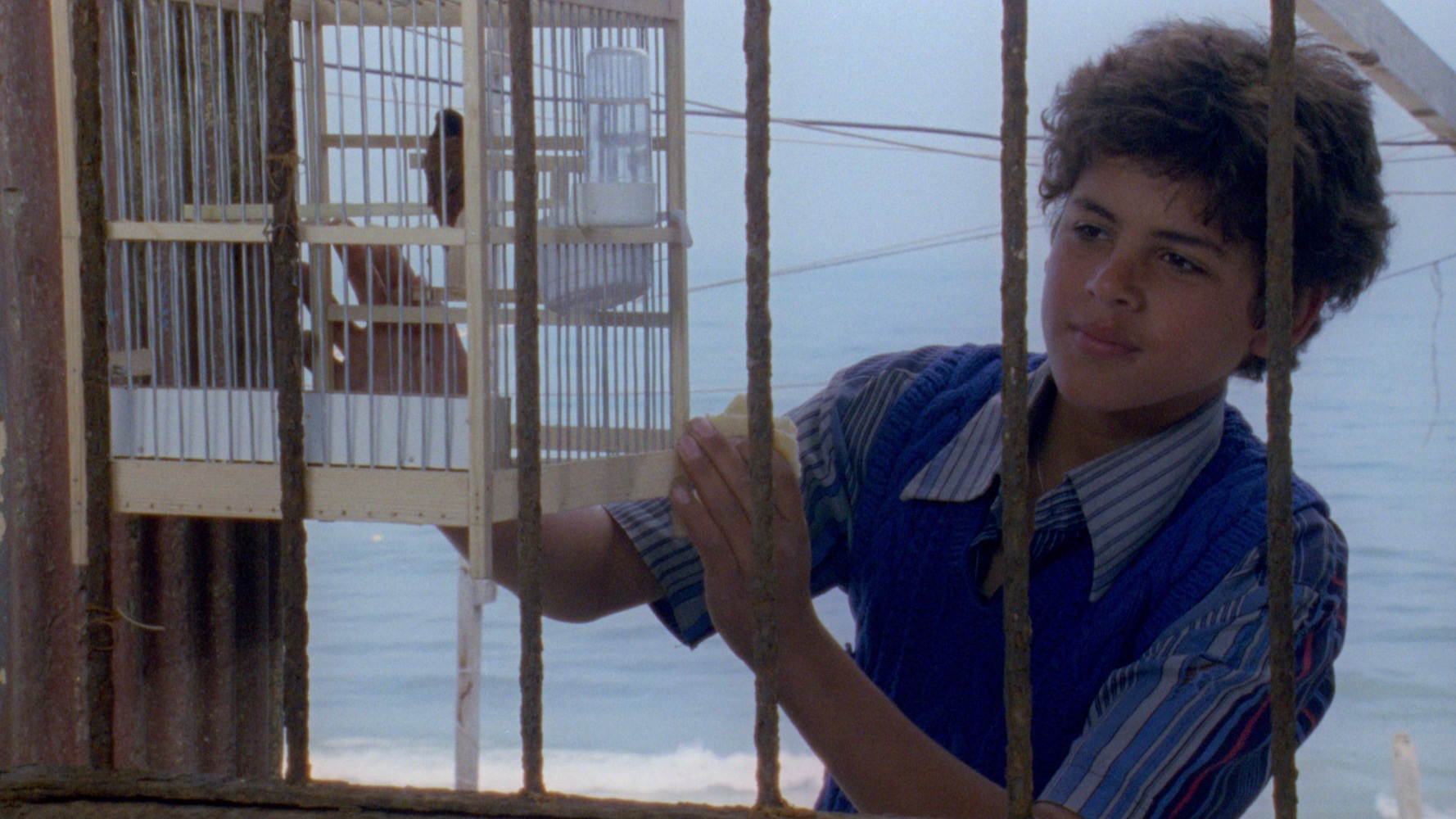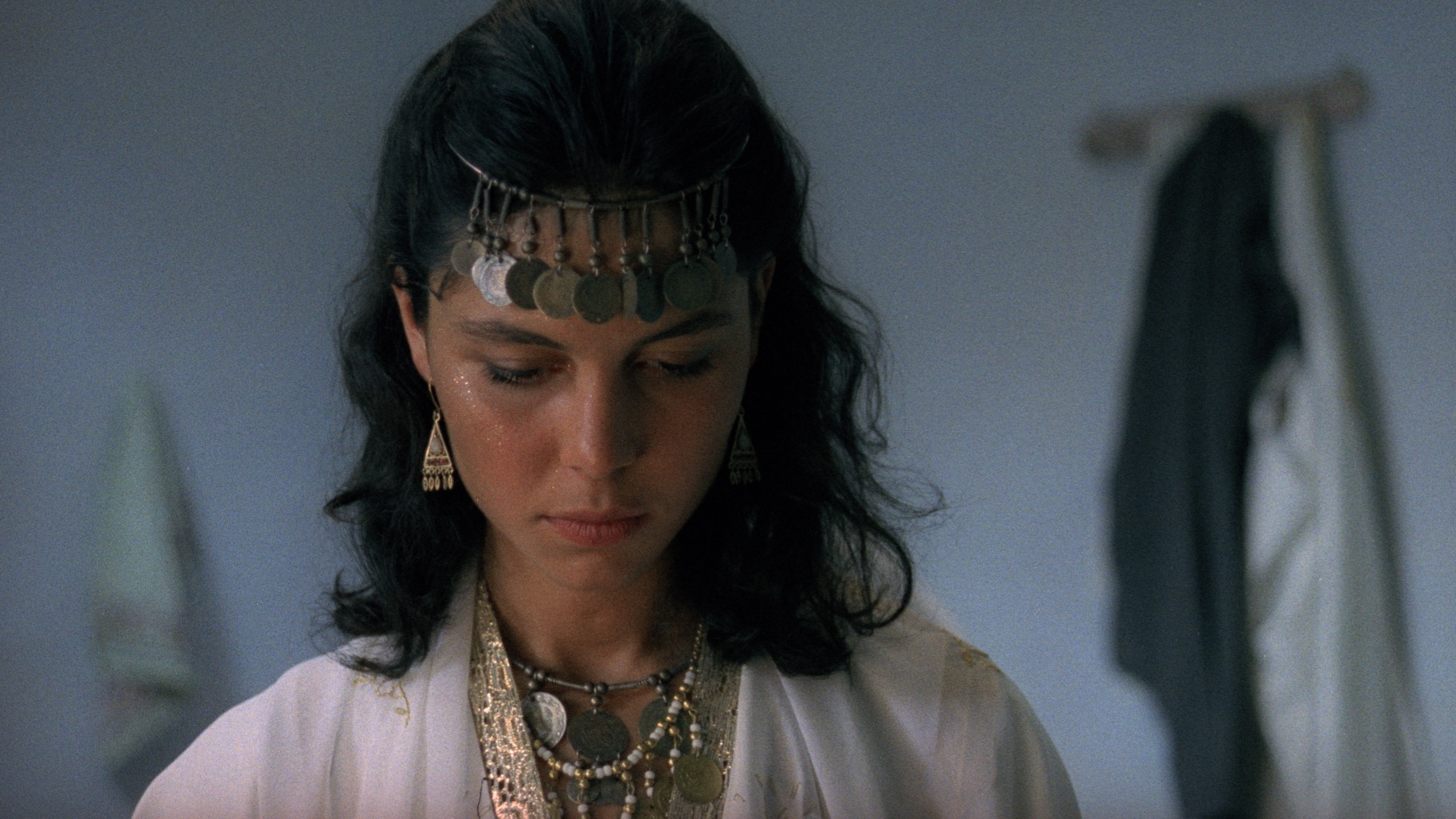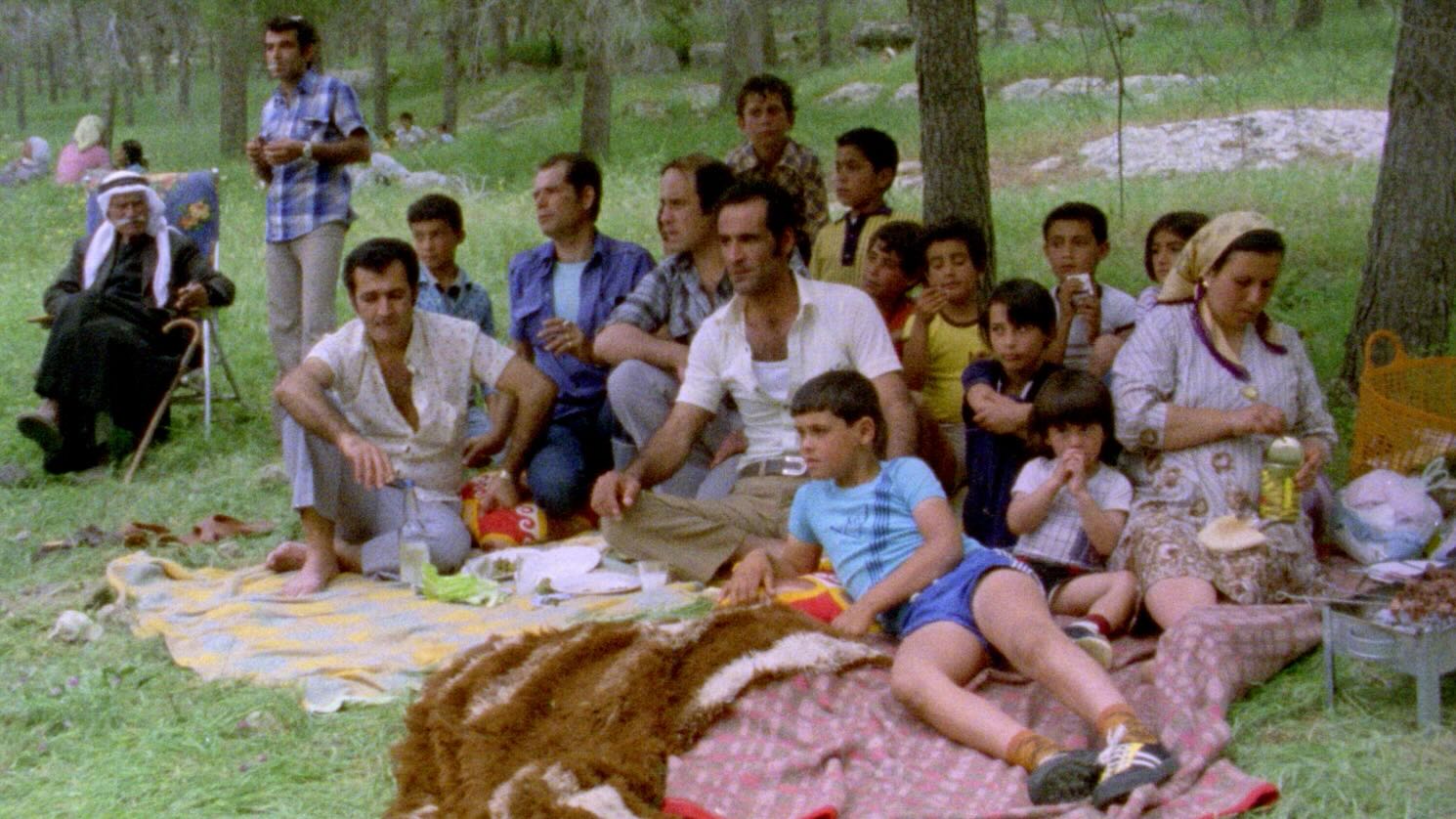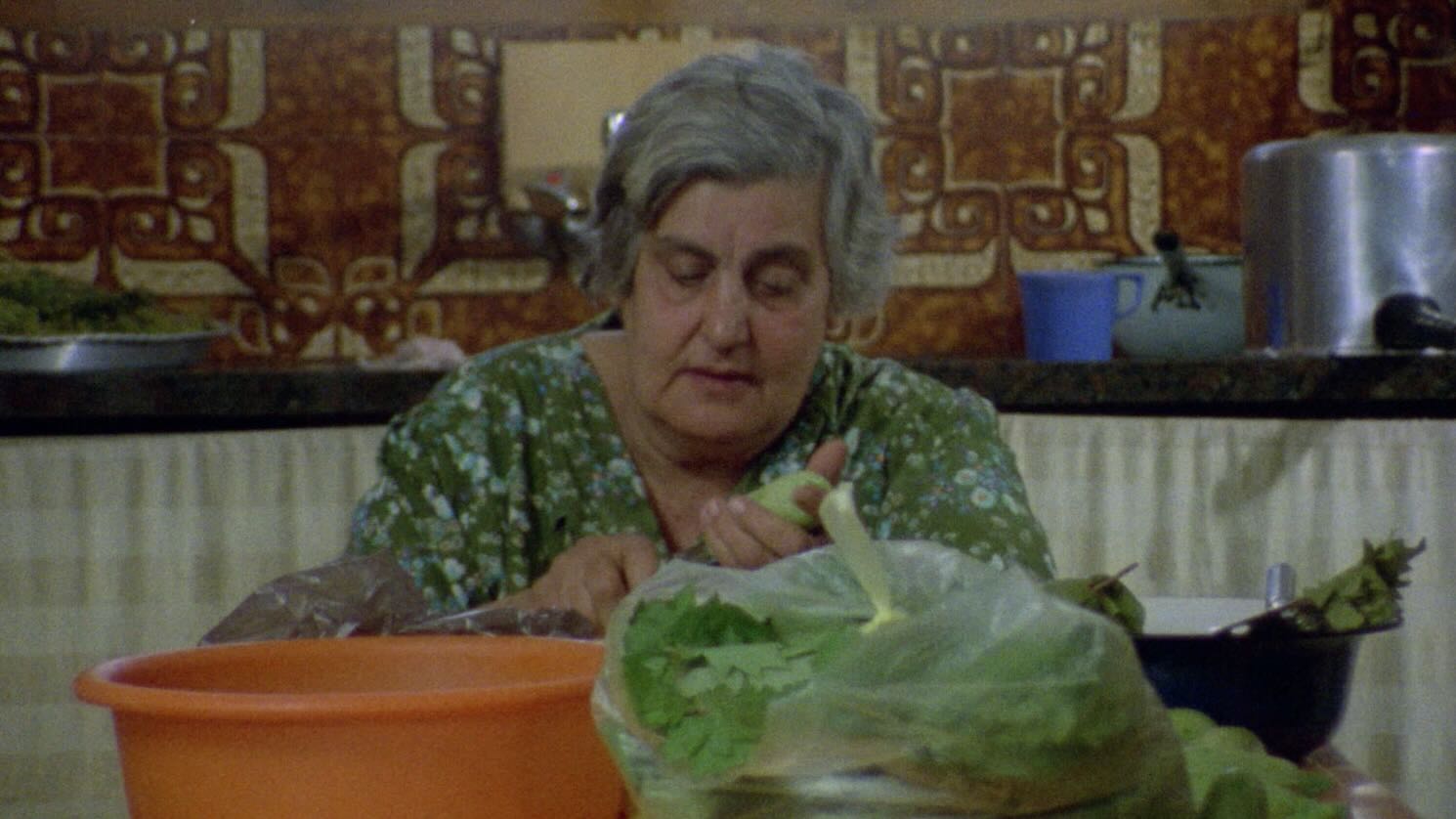↓
Michel Khleifi
Michel Khleifi (1950) was born in Israel to an Arab-Palestinian family. He worked as a car mechanic before leaving Israel in 1970, at the age of 20, with the intention of working for Volkswagen in Germany. Along the way, Khleifi visited a cousin in Belgium, where he ultimately stayed and has lived ever since. Khleifi studied theatre directing, radio and television at the INSAS in Brussels where he graduated in 1977. After making a series of television reports, he returned to his native region for the first time in 1980 to produce the author’s documentary Al Dhakira al Khasba [Fertile Memory]. Fertile Memory is the first feature film to be shot in the controversial Palestinian West Bank. In 1987, Khleifi made his fiction debut Urs al-Jalil [Wedding in Galilee], a political film deeply rooted in the Israeli-Palestinian conflict, shot just before the Intifada and with which he gained international renown. Wedding in Galilee was the first Palestinian film ever selected for the Cannes Film Festival where it won the Prix de la critique international. The Royal Belgian Film Archive, the current CINEMATEK, restored several of his films, including Ma'loul fête sa destruction [Ma'loul Celebrates Its Destruction] (1985), Wedding in Galilee (1987), Nashid al-Hajjar [Canticle of the Stones] (1990), and Hikayatul jawahiri thalath [Tale of the Three Jewels] (1994). By showing the complexity of life under occupation in all its contradictions, Khleifis films marked a major shift in the history of Palestinian cinema. Rather than conforming to images of internal homogeneity and external dualism, his films continued to re-envision Palestine/Israel as a polyphonous multiplicity of trajectories set out by individuals who manage to lift their thoughts and efforts to meet the challenges imposed on them. As the fundamental figure of Palestinian cinema, Khleifi’s formal innovations, a cinema that offers an unforced unity of documentary and fictive forms, and his labyrinthine approach to Palestinian collective memory, continue to resonate.
Youssef, a twelve-year-old Palestinian boy falls in love with Aïda, a young girl and leader of a children’s gang. Khleifi’s enchanting fairy-tale is set in the Gaza Strip in the early 1990s, during the turbulent days of the Israeli occupation.
The patriarch of a Palestinian village solicits the Israeli governor to lift the curfew for his son’s wedding. The request is granted, on the condition that the man and his soldiers are invited as guests of honour.
Only once a year, the original inhabitants of Ma'loul are allowed to return to their Israeli-occupied village. Khleifi documents how the history of this place lives on in the present: in the memories of the old generations and in the imagination of their children.
Lyrically blending both documentary and narrative elements, Khleifi skilfully and lovingly crafts a portrait of two Palestinian women whose individual struggles both define and transcend the politics that have torn apart their homes and their lives.



